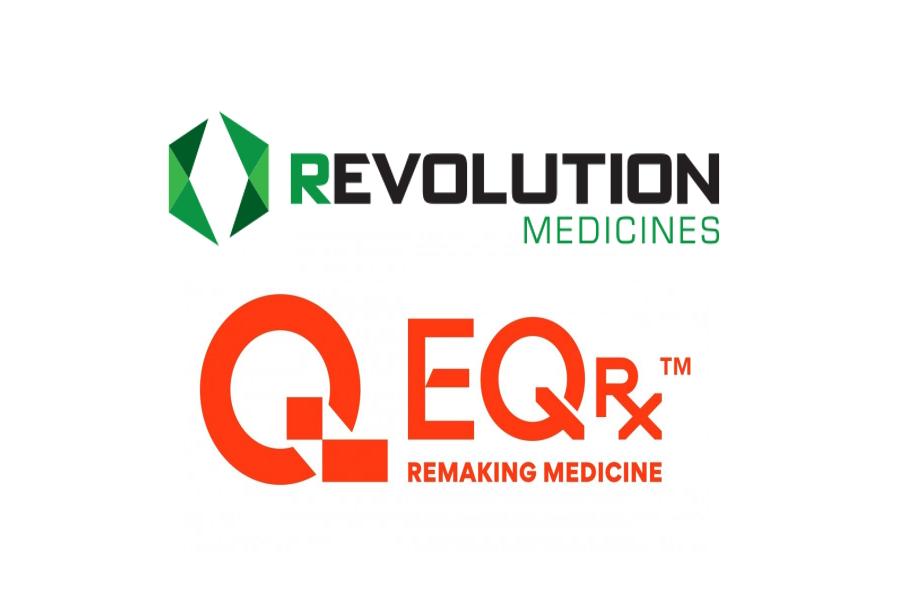EQRx's low-price drugs mission ends with Revolution buy

EQRx's pledge to disrupt the pharma pricing system started with a clarion call in 2020 but ended with a whimper today with an agreement to be taken over by Revolution Medicines.
Revolution and EQRx both emerged from the stable of former Third Rock Ventures partner and serial biotech company founder Alexis Borisy, and the merger will see around $1 billion added to Revolution's capital reserves that will help it to advance its pipeline of cancer therapies through the clinic.
EQRx's R&D programmes will be wound up and intellectual property rights returned to their original owners, with the combined company focusing all its efforts on three clinical-stage RAS(ON) inhibitors, RMC-6236, RMC-6291 and RMC-9805.
When it was formed, EQRx said it planned to bring a new PD-L1 checkpoint inhibitor to market, licensed from China's CStone Pharma, that would be priced at a substantial discount to the current therapies on the market, such as current market leader Keytruda (pembrolizumab) from MSD.
Its plans were thrown into disarray, however, when it became clear that the FDA was reluctant to approve drugs based purely on overseas data, a stance exemplified when the regulator blocked the approval of Eli Lilly's PD-1 inhibitor sintilimab – licensed from China's Innovent Biologics – last year.
As a result, EQRx hit the reset button, shedding more than half of its workforce, shedding partnerships and abandoning all its R&D programmes – including PD-L1 inhibitor sugemalimab. It said it would continue to develop one asset, a CDK 4/6 inhibitor called lerociclib, which had advanced into a phase 3 endometrial cancer trial, but that is now also shelved.
The $1 billion in cash that EQRx still holds will now be added to Revolution's healthy $900 million cash balance, giving the combined company plenty of financial resources to bring the RAS(ON) candidates through development.
Revolution said its plan now is to press ahead with the parallel development of all three drugs, with RMC-6236 – a multi-RAS inhibitor – due to start "one or more" pivotal trials as a monotherapy in 2024. Data from earlier studies in non-small cell lung cancer (NSCLC) and pancreatic cancer will be presented at the ESMO cancer congress in October.
There will also be an update in the coming months on KRAS G12C inhibitor RMC-6291, which would be a potential rival to Amgen's Lumakras (sotorasib) and Mirati's Krazati (adagrasib), already approved in the US for KRAS-mutated NSCLC. Finally, a trial of KRAS G12D inhibitor RMC-9805 is due to start shortly.
"This singular acquisition of a sizable quantum of capital signifies the growing confidence we have in our RAS-focused drug candidate pipeline and substantially increases our capacity to continue advancing high-performing oncology assets," commented Revolution's chief executive Mark Goldsmith.
Revolution said it expects the deal to close in November.












